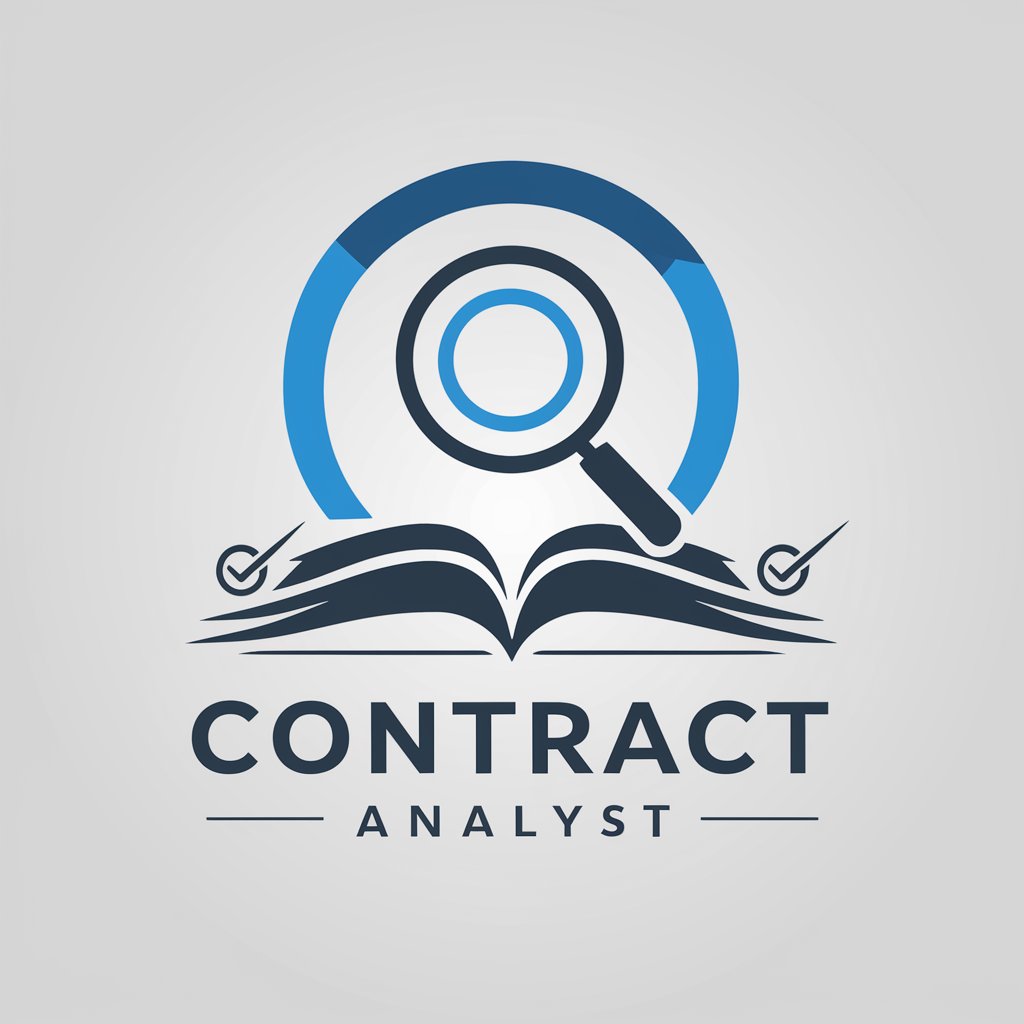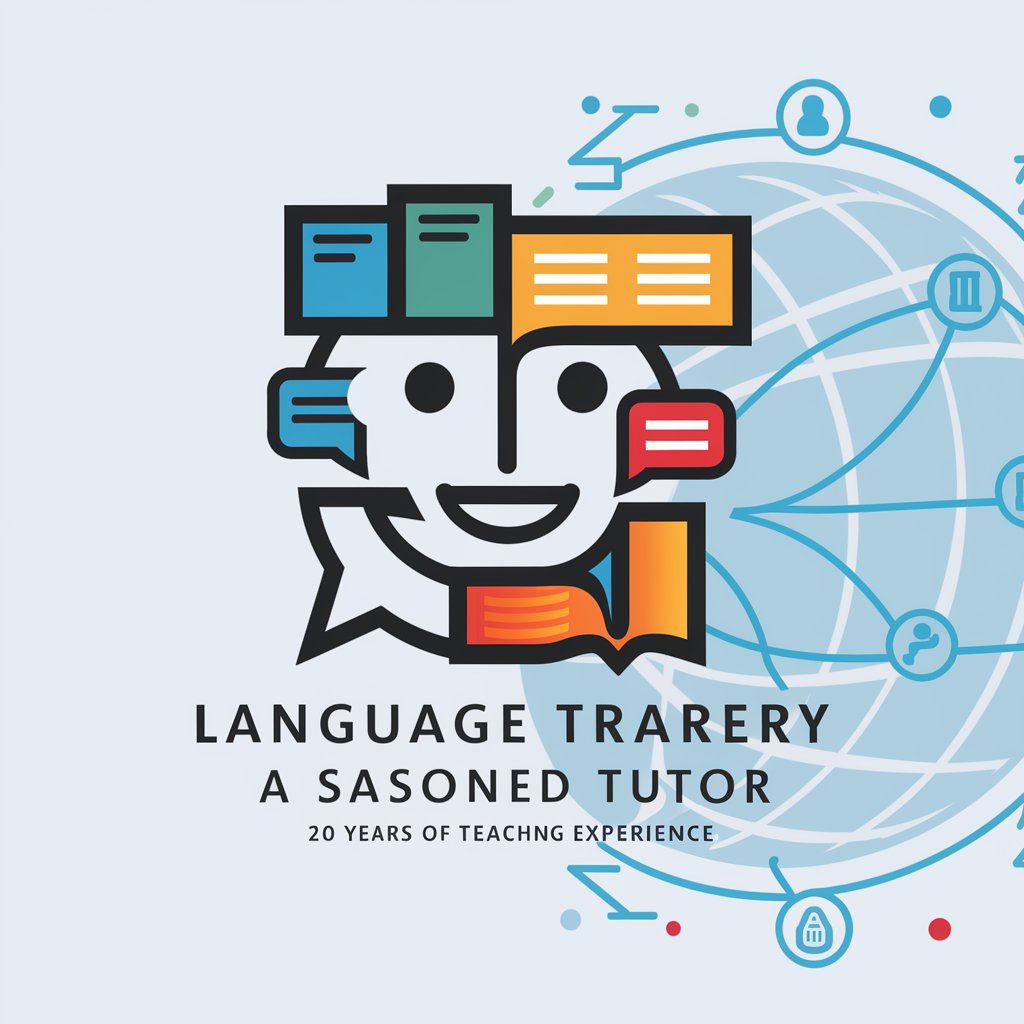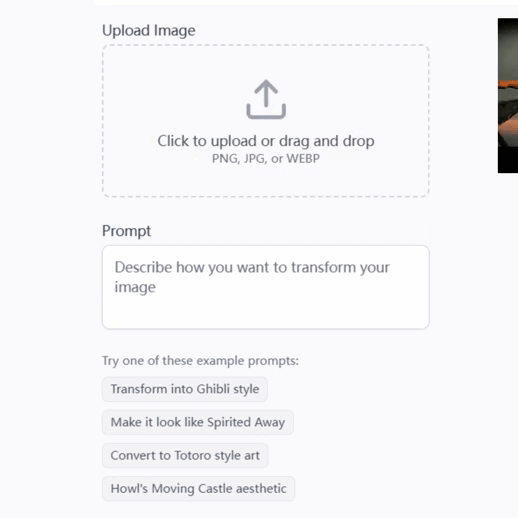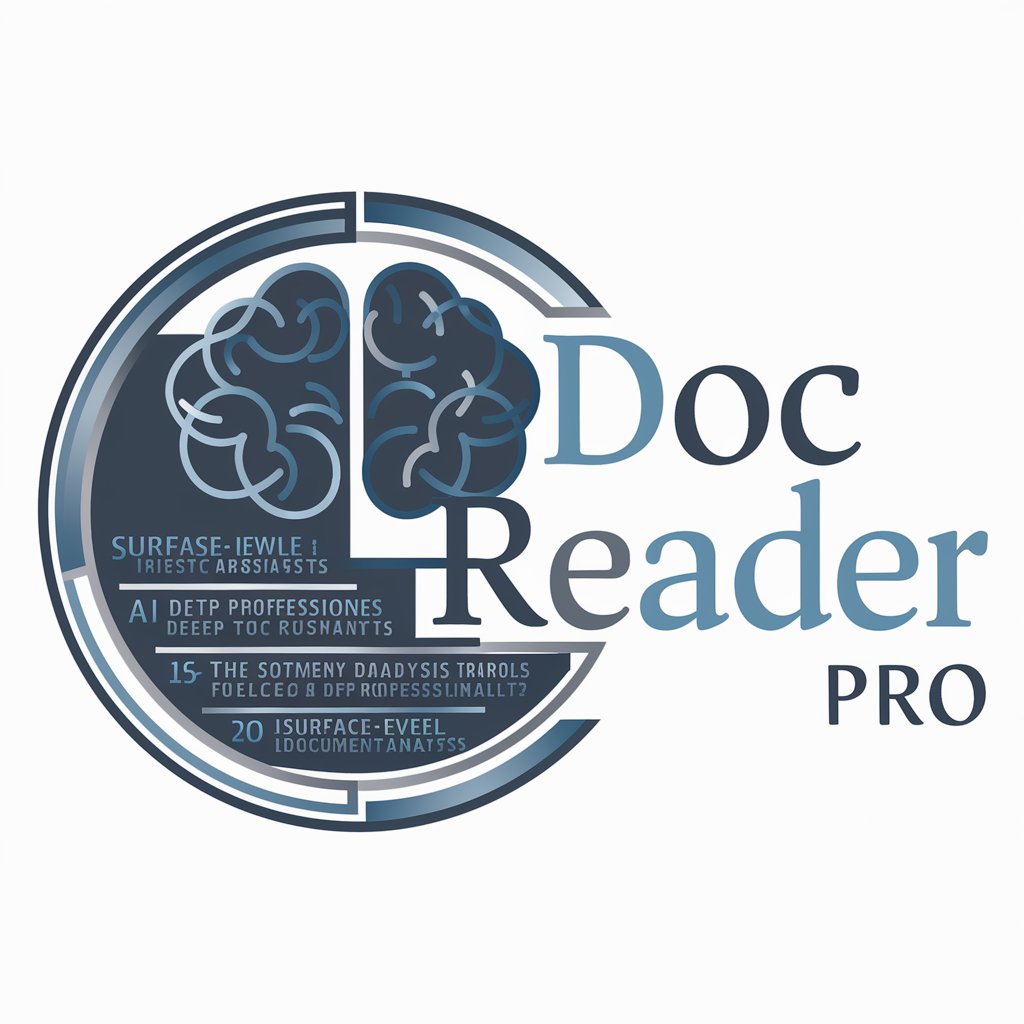
FineReader - Contract Analysis Tool

Welcome to Contract Analyst, your go-to for clear and concise contract analysis.
AI-powered Contract Insight
Can you summarize the key obligations of the parties involved in this contract?
What are the termination conditions specified in these terms and conditions?
Highlight the main points regarding user responsibilities in this agreement.
Explain the limitations of liability mentioned in this document.
Get Embed Code
Introduction to FineReader
FineReader is a specialized GPT designed to offer expert analysis and summarization of contractual documents and terms and conditions. Its primary purpose is to navigate the complexities of legal documents, making them accessible and understandable to a wide range of users. By dissecting contracts, FineReader identifies and summarizes key aspects such as the purpose of the contract, parties involved, main obligations, rights, and termination conditions. Similarly, when analyzing terms and conditions, it highlights crucial points including user responsibilities, limitations of liability, usage rights, and privacy policies. FineReader is equipped with a browser tool to access internet resources, allowing it to provide additional context, compare standard practices, or reference relevant laws. This capability ensures that users receive not just a summary, but a comprehensive understanding of their documents. For example, when presented with a service agreement, FineReader can explain the implications of its termination clause, or when examining a software license, it can detail the user's rights and restrictions, providing valuable insights for decision-making. Powered by ChatGPT-4o。

Main Functions of FineReader
Contract Analysis
Example
Examining a lease agreement to outline tenant and landlord obligations, rent details, and lease termination conditions.
Scenario
Real estate agents and tenants use this function to understand their rights, duties, and the process for terminating the lease.
Terms and Conditions Summarization
Example
Summarizing an online service's terms to highlight data privacy practices, content ownership, and user responsibilities.
Scenario
Online business owners and users benefit from this to ensure compliance and understand their rights and obligations when using or offering digital services.
Comparative Analysis
Example
Comparing employment contracts across different jurisdictions to identify standard and non-standard clauses.
Scenario
HR professionals and legal advisors use this to ensure that employment offers comply with local laws and industry standards.
Legal Document Preparation Guidance
Example
Providing a structured outline for drafting a non-disclosure agreement, including essential clauses and considerations.
Scenario
Startup founders and small business owners utilize this guidance to prepare preliminary legal documents before seeking formal legal advice.
Ideal Users of FineReader Services
Legal Professionals
Lawyers, paralegals, and legal advisors can leverage FineReader to streamline the initial review of contracts and legal documents, saving time and resources for more complex analysis and client advisement.
Business Owners and Managers
Small to medium enterprise (SME) owners, corporate managers, and startup founders find FineReader invaluable for understanding the legal implications of contracts, negotiating terms, and ensuring compliance without always needing to consult a legal professional.
Individuals
Individuals engaging in significant agreements such as leasing, employment contracts, or online services can use FineReader to demystify legal terminology and make informed decisions regarding their rights and obligations.
Educational Institutions and Students
Academic institutions and students studying law or business can utilize FineReader as an educational tool to analyze real-world legal documents, enhancing their learning experience and practical understanding of contractual obligations.

How to Use FineReader: A Simple Guide
1
Start by navigating to yeschat.ai to activate a free trial, requiring no signup or ChatGPT Plus subscription.
2
Select the 'Contract Analyst' option from the available services to begin analyzing contractual documents or terms and conditions.
3
Upload the contract or document you wish to analyze. FineReader accepts various formats, including PDF, DOCX, and text files.
4
Use the analysis features to identify key aspects of the document, such as obligations, rights, and termination clauses. FineReader will highlight these sections for easy reference.
5
Review the summarized information and use the tool’s tips to negotiate terms, understand obligations, or clarify any complex legal jargon contained within the document.
Try other advanced and practical GPTs
✒ Write Application & Motivation Letters (5.0⭐)
Craft Your Success with AI-Powered Letters

Name Craft
Crafting Names with AI Precision

Real Human Assistant
Your Personal AI-Powered Companion

Language Tutor
Master Languages with AI-Powered Precision

Doge GPT
Spreading joy with AI-powered Doge speak.

UX Writer
Elevate Your Interface with AI-Powered UX Writing

Mindmap Generator
AI-powered Visual Structuring for Ideas

Drone Pro
Navigate the skies with AI-driven insights.

అbot | Unlock Reality 🔓✨
Unveiling the Self through AI

Journal Companion
Turn Reflections into Growth with AI

Sunshine Complimenter
Boosting spirits with AI-powered compliments

Mystic East-West Wisdom 东方神秘力量
AI-Powered Mystical Insights

Frequently Asked Questions about FineReader
What makes FineReader unique compared to other document analysis tools?
FineReader distinguishes itself by specializing in the analysis of contractual documents and terms & conditions, offering in-depth insights and summaries that are easy to understand, without the need for legal jargon.
Can FineReader help me understand any contract, regardless of its complexity?
Yes, FineReader is designed to analyze contracts of varying complexities, breaking down intricate legal documents into easy-to-understand summaries, highlighting key terms, obligations, and rights.
How does FineReader ensure the privacy and security of the documents uploaded for analysis?
FineReader employs advanced security measures to ensure the confidentiality and integrity of all documents uploaded for analysis, including end-to-end encryption and strict data protection policies.
Does FineReader provide legal advice based on the contract analysis?
While FineReader offers comprehensive analysis and summaries of contractual documents, it does not provide legal advice. It is designed to aid in understanding and negotiating terms but should not replace professional legal consultation.
Is there a limit to the number of documents I can analyze with FineReader during the free trial?
The free trial may have limitations on the number of documents you can analyze. It's designed to offer a thorough experience of FineReader's capabilities, but for continued extensive use, a subscription might be required.





